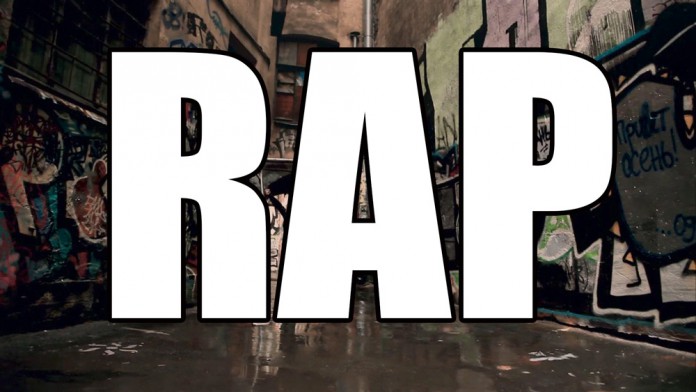Teni Adedeji
Staff Writer
If you’ve been present on most college campuses, or happened to occasionally tune in to the news, you may have heard about the viral show that has become of being “politically correct.” While the phrase has certainly been absorbed in universities — disregarding whether or not that is a beneficial matter — can there possibly be a place for it to take over the world of music?
Over the years, several musical artists have gotten negative responses for their poor sense of political correctness. Examples vary from Robin Thicke’s controversial 2013 single “Blurred Lines,” which spurred a debate about rape culture, to Kanye West’s newly released “Famous” song in which he proposes having sex with Taylor Swift because he “made that bitch famous.” Both instances were seen by many as misogynistic, offensive to women and far from politically correct.
However, when it comes to this topic, there is a huge gray area. In Kanye’s perspective, he responded to the feedback by tweeting that “[he] will express how [he] feels without censorship” and that people should “stop compromising art.” And while Kanye might not be our future 2020 President, he does make a good point.
Music is too expressive. It doesn’t matter if it’s hitting pans against the wall, blowing into a glass harmonica or singing brash lyrics over a catchy beat. Whatever it is that the artist chooses to do is an extension of their creativity. All artists should be allowed to produce their product without having to alter it for the sake of offending others. Whereas Kanye, and other musical persons alike, will probably continue to receive criticisms for their lyrics, to me it doesn’t look like being “politically correct” will hinder their creative processes any time soon.
Be that as it may, there are some circumstances where some political correctness could serve beneficial to enter the musical world. And surprisingly enough, it’s not needed so much by the artists than it is by the viewers.
In the same way that ancient Latin America found itself renamed as the “New” World as soon as the Europeans stumbled upon it, this proves to be an issue when it comes to Rap/Hip-hop music and white rappers. Both genres — originating out of black culture — hold a stigma of being filled with too much violence, drugs and sex (Rock n’ roll anybody?). So when an artist like Macklemore comes into the scene preaching a positive message, someone who isn’t familiar with the culture, and the genre, may think that he’s the only rapper who does so.
Earlier this year, Macklemore himself came out with a song titled “White Privilege II” which includes a conversation he had with a woman who claimed that he was “the only rap [she] lets her kids listen to” because he understands “all that negative stuff isn’t cool.” Even This type of thinking can be found throughout those who may subconsciously place black rappers under one bubble and white rappers under another.
In doing this, one can see where the need to be politically correct comes in. By giving Macklemore the title of being one of the only “positive” rappers, it erases the long history and the present list of Rap/Hip-hop artists that came before him — Run DMC, Tupac, Missy Elliott, Common, Lupe Fiasco, Lil Mama, Will Smith, Kid n’ Play — the list could go on and on.
Despite the negative connotation that being “political correct” has come to have, when used in the correct situation, it can provide a crucial measure that allows some people to look further than the preconceived ideals that they may initially embody. Plus it could also provide them with a plethora of new, “positive” rappers to add to their kids’ playlists.











